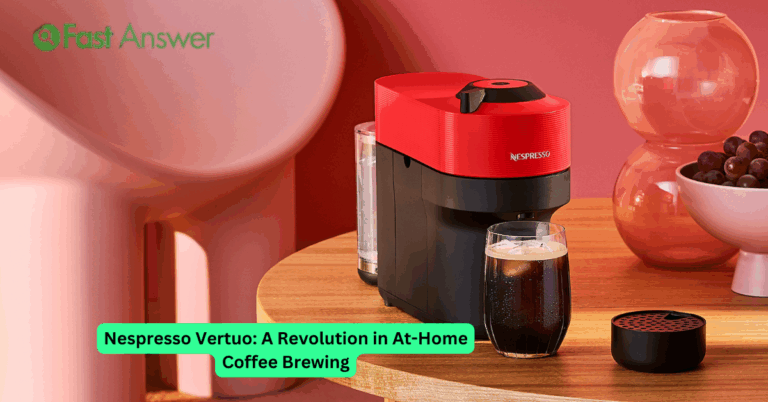Home Appliance Care Tips for Long-Term Performance: Maximizing Efficiency and Longevity
Home appliances are vital to daily life, helping with everything from cooking and cleaning to climate control and entertainment. However, many homeowners overlook the importance of maintaining these essential devices. Proper care and regular maintenance are key to ensuring your appliances run smoothly for years, saving you money on costly repairs or replacements. Whether you’re using a refrigerator, washing machine, or air conditioner, following the right care tips can enhance your appliance’s performance, efficiency, and lifespan. In this article, we will share essential home appliance care tips to keep your devices working at their best for the long haul.
Keep Your Appliances Clean: The Foundation of Longevity
One of the easiest and most effective ways to care for your home appliances is regular cleaning. Dust, dirt, and debris can build up over time, causing appliances to work harder, which can decrease their efficiency and lifespan.
By keeping your appliances clean, you ensure that they perform efficiently, avoiding unnecessary wear and tear.
Regular Maintenance: Preventing Breakdown and Extending Lifespan
Routine maintenance is critical to the long-term health of your home appliances. Even if your appliances seem to be working fine, small issues can develop over time. A few minutes of maintenance can save you from more significant and costly repairs in the future.
Washing Machines: Run a cleaning cycle with a washing machine cleaner or vinegar to remove detergent buildup. Make sure to leave the door open between uses to allow the drum to dry and prevent mold growth.
Dryers: Clean the lint trap after every load and inspect the venting system for clogs at least once a year. Blocked vents can cause the dryer to overheat, leading to potential fire hazards.
Water Heaters: Flush your water heater every six months to remove sediment buildup, which can affect heating efficiency. Check for leaks regularly to avoid water damage.
By incorporating simple maintenance tasks into your routine, you can prevent many common appliance failures and extend their operational life.
Use Appliances Efficiently: Save Energy and Improve Performance
Using your appliances efficiently is crucial not only for saving energy but also for maintaining long-term performance. Overloading or misusing appliances can cause unnecessary strain, reducing their efficiency and lifespan.
- Ovens and Cooktops: Avoid opening the oven door frequently to check on food, as this can cause temperature fluctuations and increase cooking time. Use cookware that suits the size of your burners to maximize heat distribution and cooking efficiency.
- Washing Machines: Use the appropriate load size and water temperature for each wash cycle. Overloading the washer or using too much detergent can lead to mechanical problems and reduced washing performance.
- Dishwashers: Run your dishwasher only when it’s full, and use the energy-saving modes when possible. This reduces water and electricity consumption, improving both efficiency and appliance life.
Proper usage not only helps save energy and costs but also ensures that your appliances function effectively and don’t wear out prematurely.
Monitor Appliance Settings: Adjust for Optimal Performance
Monitoring and adjusting the settings on your appliances can go a long way in ensuring they perform efficiently over time. Many modern appliances come with smart settings that automatically adjust based on usage patterns or energy-saving features.
- Refrigerators: Set your fridge temperature between 37°F and 40°F to maintain freshness and energy efficiency. Check that the door seals are tight, as leaks can lead to temperature fluctuations and higher energy use.
- Air Conditioners: Set your thermostat to 78°F in the summer to optimize energy use and reduce strain on your cooling system. Programmable thermostats can adjust the temperature when you’re away, saving both energy and wear on the unit.
- Water Heaters: Set your water heater temperature to 120°F. This is sufficient for most household needs and helps prevent overheating, which can increase energy usage and wear on the system.
Properly adjusting settings based on your needs helps balance energy efficiency with performance, improving both the lifespan and efficiency of your appliances.
Know When to Replace: Avoiding Costly Repairs
Despite your best efforts at maintenance, all appliances have a finite lifespan. It’s important to know when to replace an appliance to avoid the cost of frequent repairs or energy inefficiency.
- Refrigerators: If your refrigerator is more than 15 years old, it might be time to replace it. Older models consume more energy and are more prone to breakdowns.
- Washing Machines and Dryers: If your washing machine or dryer is more than 10 years old and requires frequent repairs, it may be more cost-effective to replace it rather than continue fixing it.
- Water Heaters: If your water heater is more than 10 years old and starts showing signs of failure, it may be time for a replacement. Newer models are more energy-efficient and can save you money in the long run.
Replacing appliances before they fail completely can prevent unnecessary repair costs and ensure that your home remains comfortable and energy-efficient.
FAQs
Q1: How often should I clean my refrigerator’s coils?
You should clean your refrigerator’s coils at least once or twice a year to prevent dust and debris buildup that can affect its performance.
Q2: Can I fix my dishwasher myself if it stops working?
Some minor issues, like clogged filters or spray arms, can be fixed at home. However, more complex issues may require professional repair to avoid further damage.
Q3: How do I prevent mold in my washing machine?
Leave the washing machine door open between uses to allow the drum to dry out. You can also run a cleaning cycle with white vinegar or a specialized washing machine cleaner.
Q4: Are there any specific maintenance tasks I should perform on my air conditioner?
Yes, regularly clean or replace the air filter, check for debris around the unit, and ensure proper airflow to improve efficiency and extend the lifespan of your air conditioner.
Q5: How can I tell when it’s time to replace my water heater?
If your water heater is more than 10 years old and frequently needs repairs or fails to heat water efficiently, it may be time for a replacement.

